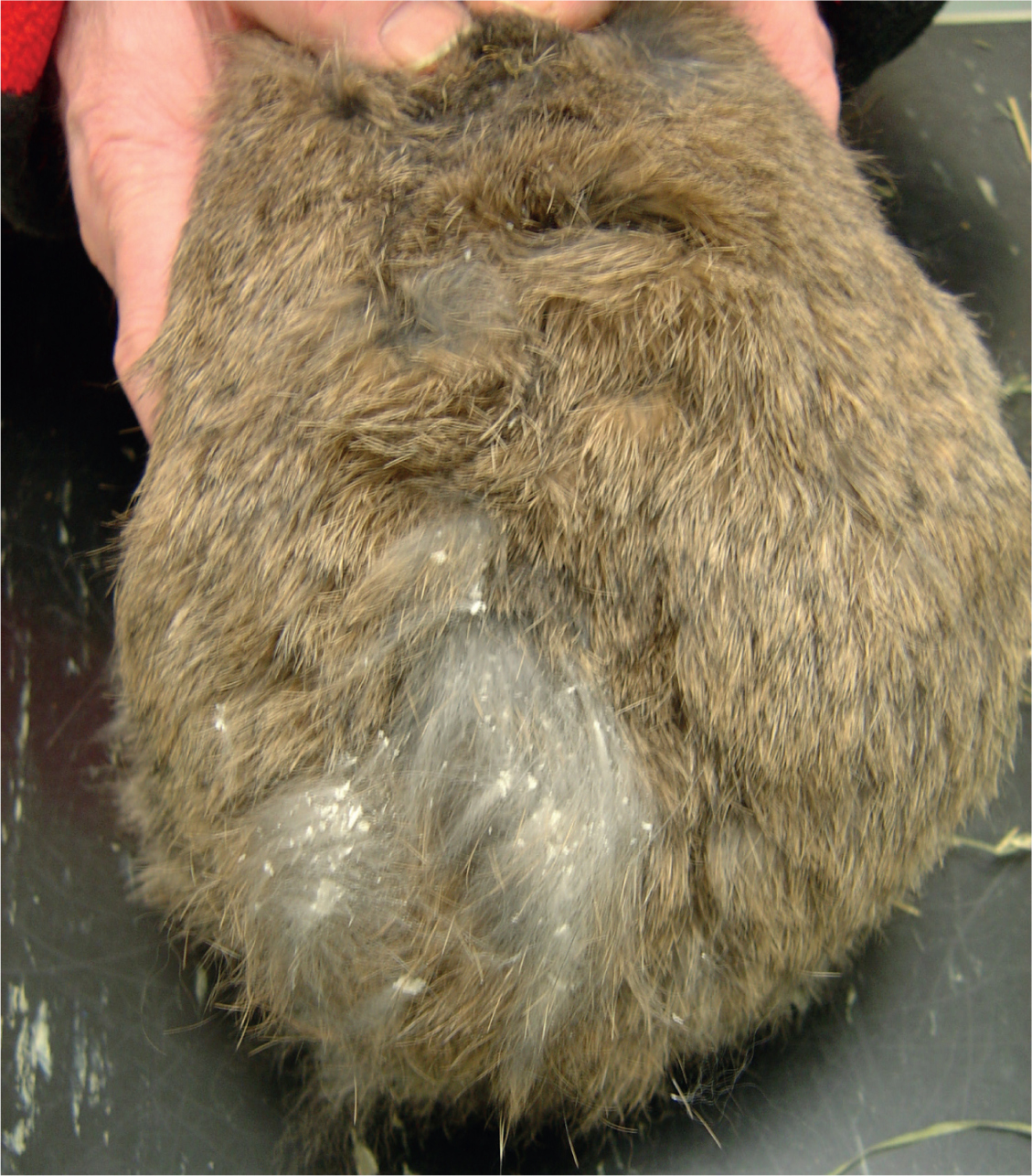Do Rabbits Have Mites?
Rabbits are adorable and popular pets, and like any other animal, they can suffer from various health issues. One common problem that rabbits can face is mites. Mites are tiny parasites that can infest a rabbit’s fur and skin, causing discomfort and potential health complications if left untreated. In this article, we will explore the topic of mites in rabbits, including their symptoms, treatment options, and preventive measures.

Symptoms of Mite Infestation in Rabbits
Mites can cause a range of symptoms in rabbits, and early detection is crucial for prompt treatment. If you notice any of the following signs, it is essential to consult a veterinarian for a proper diagnosis:
- Itching and Scratching: Rabbits with mites often scratch excessively, leading to hair loss, redness, and irritation.
- Visible Mites: Sometimes, you may be able to spot the tiny mites on your rabbit’s skin or fur. They appear as small, moving specks.
- Dull Coat: Infested rabbits may have a scruffy or lackluster coat due to the mites’ impact on their fur.
- Ear Infections: Certain mite species target the ears, causing infections, crusty discharge, and head shaking.
- Weight Loss: Severe mite infestations can lead to weight loss, poor appetite, and overall weakness.
Treatment Options for Mite Infestation
If your rabbit is diagnosed with mites, there are several treatment options available to eliminate the parasites and alleviate your pet’s discomfort:
- Medicated Shampoos: Your veterinarian may recommend a special shampoo to bathe your rabbit, which contains ingredients to kill the mites.
- Topical Treatments: Some mite medications come in the form of spot-on treatments that you apply directly to your rabbit’s skin.
- Oral Medications: In more severe cases, your veterinarian may prescribe oral medications to eliminate mites from the inside out.
- Environmental Treatment: It is crucial to treat your rabbit’s living environment as well. Thoroughly clean and disinfect their cage, bedding, and any other items they come into contact with.
Preventing Mite Infestations in Rabbits
While it may not be possible to completely eliminate the risk of mite infestations, there are steps you can take to reduce the chances of your rabbit being affected:
- Regular Veterinary Check-ups: Schedule routine check-ups with your rabbit’s veterinarian to catch any potential health issues, including mite infestations, early.
- Proper Hygiene: Keep your rabbit’s living area clean and free from excess moisture, as mites thrive in unclean environments.
- Quarantine New Rabbits: If you introduce a new rabbit to your household, quarantine them for a period to ensure they are free from mites or other parasites.
- Monitor for Symptoms: Regularly check your rabbit for any signs of mite infestation, such as itching, scratching, or changes in their coat quality.
Early detection of mite infestations is crucial for successful treatment and preventing potential complications.
Frequently Asked Questions (FAQs)
1. Can rabbits get mites even if they live indoors?
Yes, rabbits can still get mites even if they live indoors. Mites can be brought into the home through various means, such as on other pets or on contaminated bedding or hay.
2. Can mites in rabbits spread to humans?
While it is rare, certain species of mites that affect rabbits can also affect humans. However, the risk of transmission is low, and proper hygiene and preventive measures can minimize this risk.
3. Can mite infestations in rabbits be prevented with regular grooming?
Grooming your rabbit regularly can help maintain their coat quality and overall hygiene. However, mites are microscopic, and their presence may not be detected through grooming alone. It is important to combine grooming with routine veterinary check-ups to ensure your rabbit’s health.
4. Can mite infestations in rabbits resolve on their own without treatment?
In some cases, mild mite infestations may resolve on their own, especially if the rabbit’s immune system is strong. However, it is not recommended to rely on this, as mite infestations can worsen and lead to more severe health complications if left untreated.
Related Articles…
Copyright Notice:
The images displayed here are sourced from the internet, with copyrights held by respective owners. For removal of any copyrighted image, please email us.